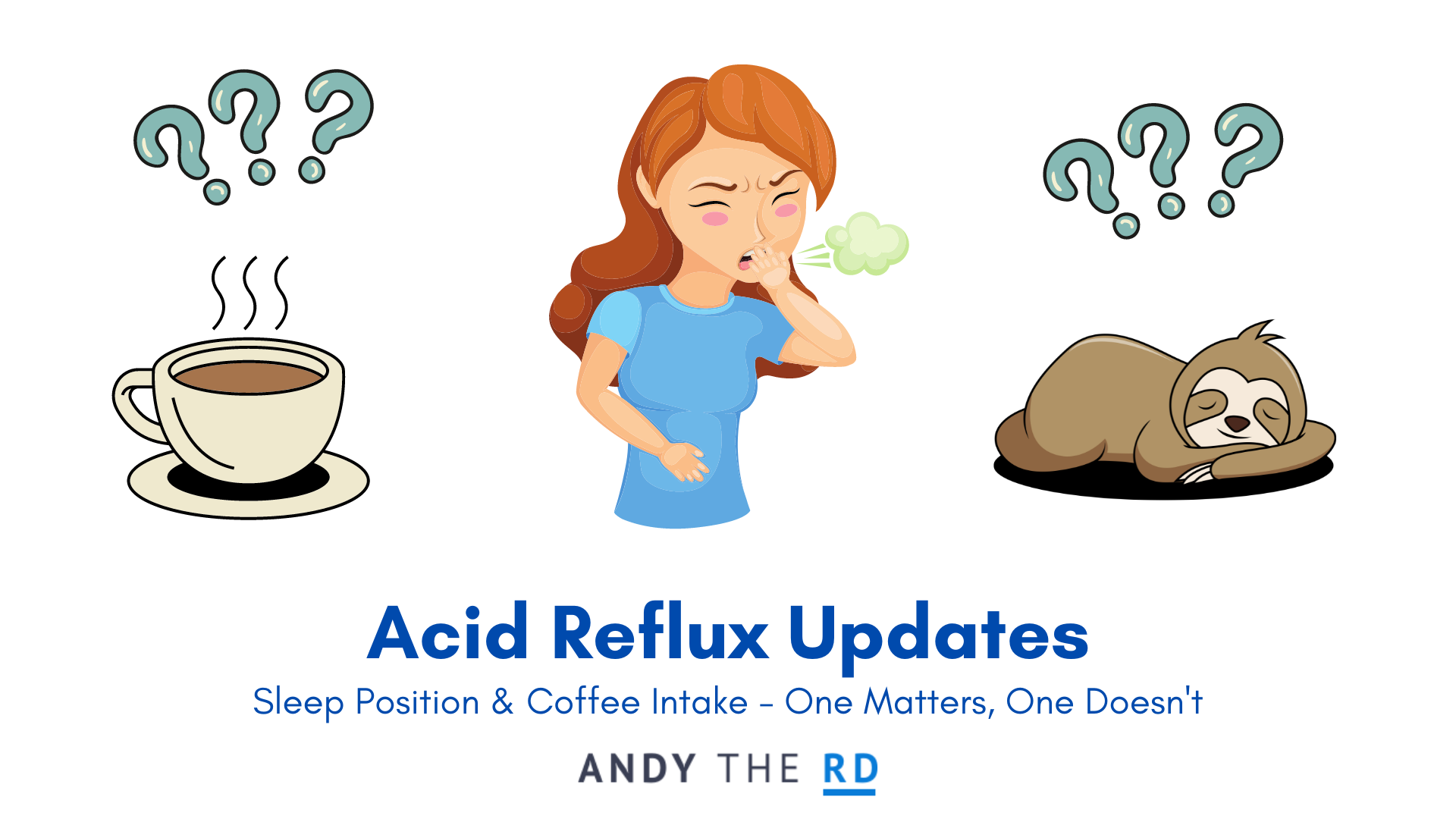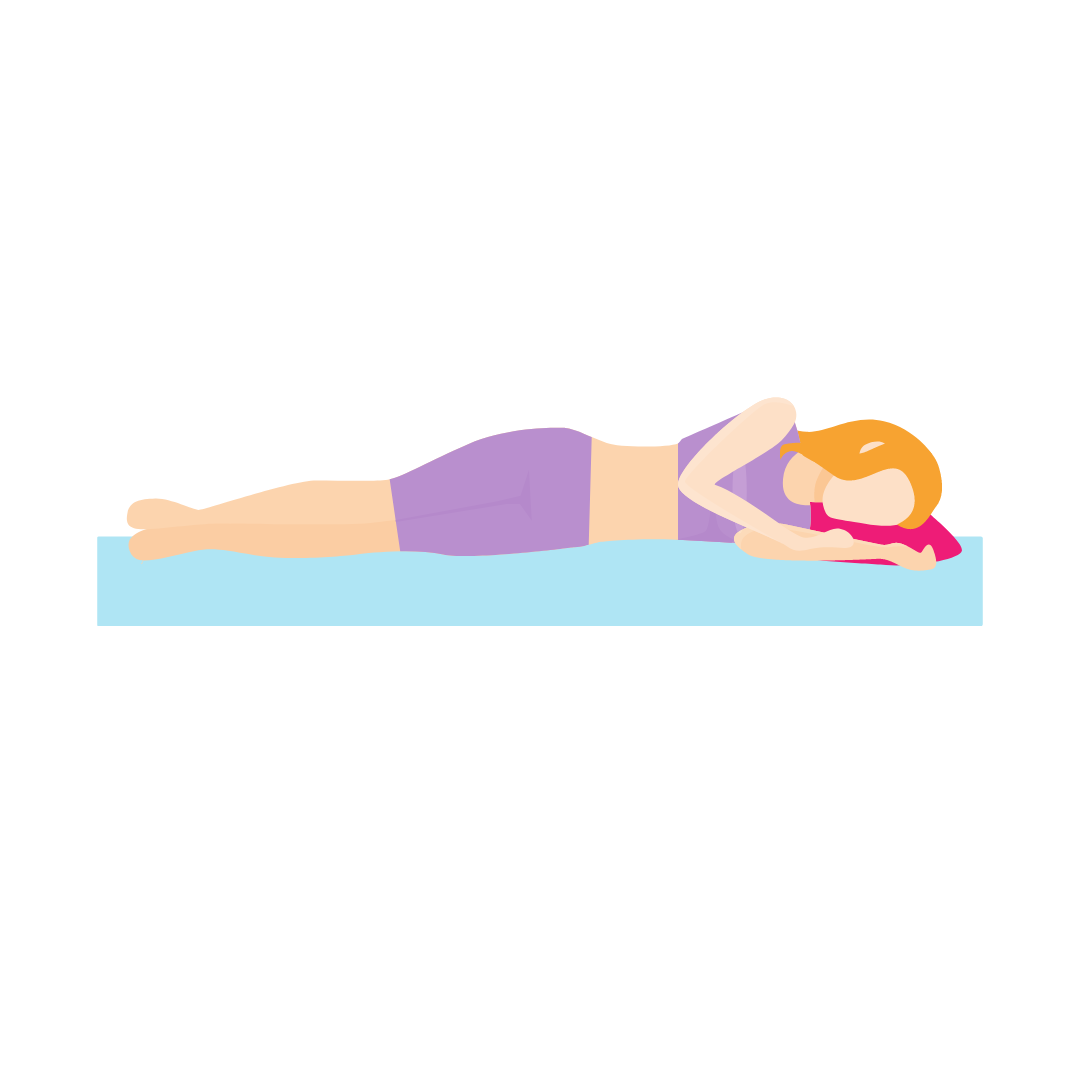Just over two years ago today I published a very successful book on acid reflux management, the details of which are briefly outlined below.
A big part of the books success had to do with the fact that acid reflux, formally GERD, is a condition that is both quite common and quite aggravating to deal with.
In fact, acid reflux medication is among the most frequently prescribed family of pharmaceuticals in Canada.
Given that science in this area is ever evolving and it has been a good two years since the book’s publication, I wanted to take the opportunity to offer a few interesting updates.
These updates are related to emerging evidence around the role of coffee and one’s sleeping position in worsening acid reflux.
Acid Reflux Updates – Coffee & Sleep Position
Today’s article explores emerging evidence around acid reflux from two very different angles.
We start with your morning coffee, is it really a proven acid reflux trigger?
You might be interested in what the latest evidence has to say in that regard.
Next, we will revisit how you sleep – does this affect acid reflux?
You’re about to find out.
Let’s get right to it.
Part I – The Coffee Conundrum
Coffee is the fourth most consumed beverage in the United States behind bottled water, carbonated beverages and tap water.
It is also, believe it or not, the top source of polyphenol antioxidants in the average North American diet.
Oh and this says nothing about the immeasurable joy it brings most of us, which is why I tread carefully about making assumptions about its role in acid reflux.
In the course of my extensive research on GERD, I could not help but notice that most anecdotal claims about removing trigger foods were not really proven to be effective anti-acid remedies.
Coffee, as well as caffeine, is often grouped into said “trigger food” list – but will cutting out this popular beverage really help your acid reflux?
Multiple comprehensive review studies, including A 2014 meta-analysis out of Diseases Of The Esophagus concluded that were was no relationship between coffee intake and GERD risk.
Similar results were found regarding tea in a 2019 systematic review meta-analysis published in the Medicine journal.
And while some people may anecdotally report that less coffee helps with their acid reflux, and fair enough if that is truly the case, there is no strong or consistence body of evidence that demonstrates that removing coffee or switching between caffeinated or uncaffeinated will make a meaningful difference.
Part II – Sleep Strategy
I should note for factual and practical purposes that caffeine up to 6 hours before bed may play a role in disturbing sleep quality, so please do keep that in mind even if it isn’t directly related to acid reflux.
What is more strongly related to acid reflux, however, is the amount of the time that elapses between your last meal and bed time (which you probably knew) AND your sleep position – which is something that may be new to you.
In a 2022 the American Journal Of Gastroenterology study it was determined that left lateral decubitus position may be the most favourable for those with acid reflux.
If you’re wondering what that sleeping position looks like, I’ve loosely replicated it in the image below but for a more accurate scientific representation click through the image to see a more accurate depiction.
In fact, a recently published systematic review on the most current acid reflux evidence suggested that bed of head elevation, increased dinner to bed ratio and sleeping in that left lateral position are the three most efficacious lifestyle interventions one can undertake to fight back against acid reflux alongside any prescription support you may be using.
Andy De Santis RD MPH





